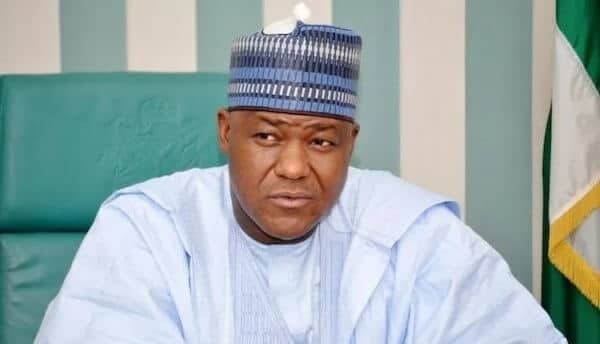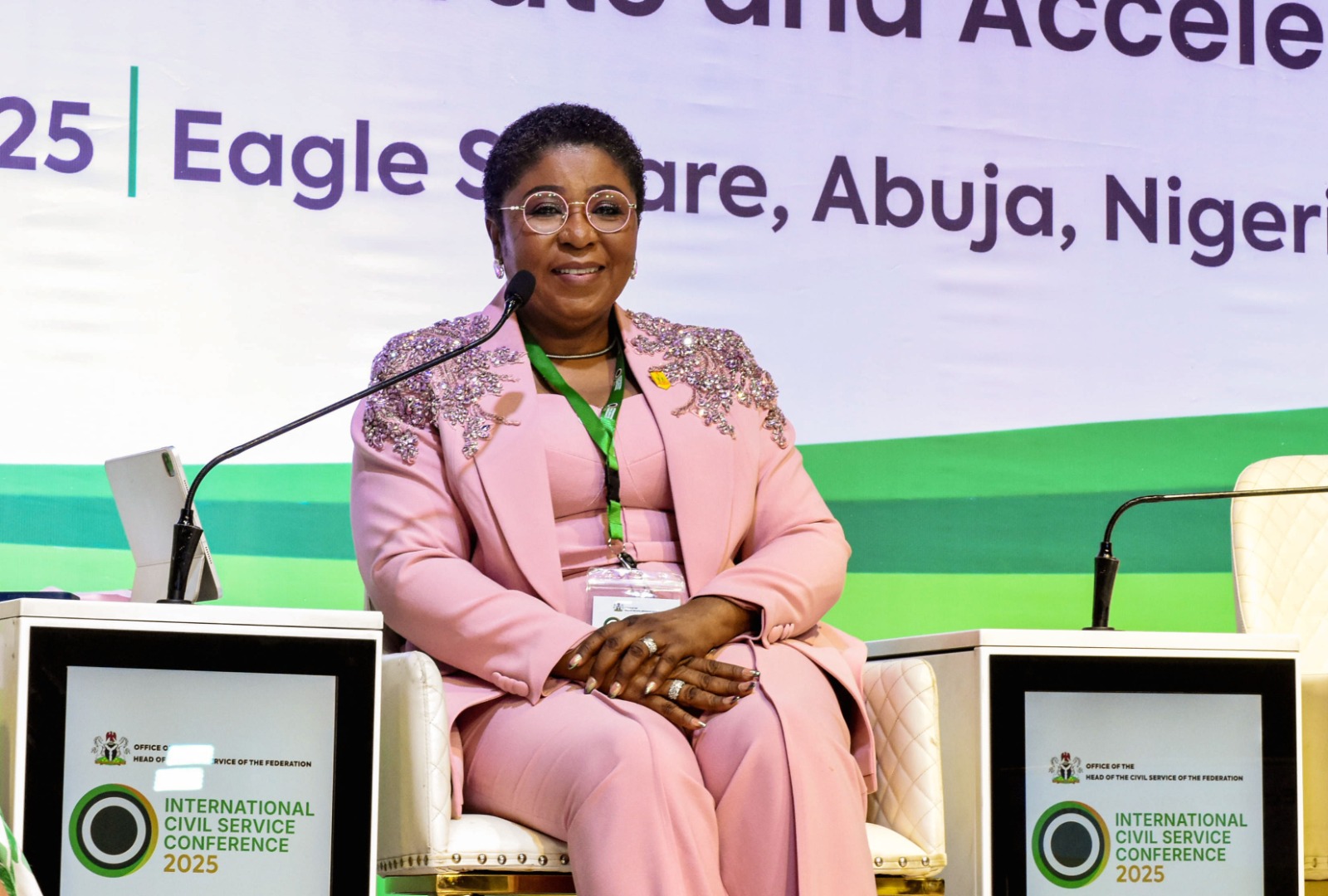Dogara Criticizes Buhari’s Economic Legacy, Blames Past Policies for Naira’s Decline
In a bold and thought-provoking address, former Speaker of the House of Representatives, Yakubu Dogara, has openly criticized the economic choices made during the administration of the late former President Muhammadu Buhari, alleging these policies contributed directly to the current troubles facing Nigeria’s naira. His remarks were delivered during the inaugural parliamentary lecture organized by the House of Representatives Press Corps (HORPC), focused on the topic ‘Navigating Tax Reforms in Nigeria: Insights on President Tinubu’s Policies’.
The Impact of Monetary Decisions on the Value of the Naira
Dogara highlighted a key controversy: the Central Bank of Nigeria’s (CBN) decision to print and inject ₦22.7 trillion into the economy through the mechanism known as “Ways and Means.” According to Dogara, this move severely eroded the value of the naira and led to unprecedented inflationary pressures that are still felt today.
He argued that Nigeria’s economy almost reached a point of collapse before the current administration took over. According to him, excessive reliance on printing money, rather than creating genuine productive value, pushed the economy onto unstable ground.
Dual Exchange Rate: Who Really Benefited?
Another pressing issue raised by Dogara was the existence of a dual exchange rate regime. In his view, this system fostered an environment where selected individuals, often described as the “privileged few,” made vast fortunes through preferential forex allocations from the CBN—without contributing actual goods or services to the Nigerian economy. “The system did not benefit ordinary Nigerians,” he noted. “Instead, it encouraged rent-seeking, lack of transparency, and the growth of a parallel market that ultimately weakened the official naira rate.”
Dogara further emphasized that these select beneficiaries were able to exploit currency arbitrage, pocketing huge profits simply by accessing the official forex window and reselling foreign currency on the black market. This, he argued, created a misallocation of resources and discouraged real investment in industries that produce jobs and sustainable economic growth.
Buhari’s Administration and “Voodoo Economics”
Reflecting on the broader implications of these macroeconomic choices, Dogara criticized the former government for propping up the naira by taking out foreign loans and using Nigeria’s crude oil as collateral for these debts. “Some foreign loans were negotiated merely to defend the naira, which is unsustainable and economically unsound,” he stated, describing such actions as a form of “voodoo economics” that ignored fundamental principles of fiscal responsibility.
Context for President Tinubu’s Economic Reforms
While many have debated the rationale behind President Bola Tinubu’s recent economic reforms, Dogara urged Nigerians to consider the state of affairs inherited by the new administration. “When President Tinubu assumed office, the severity of the economic challenges was impossible to overlook,” Dogara asserted. He underscored that the accumulation of monetary excesses and questionable forex policies meant urgent and sometimes difficult reforms were necessary for long-term stability.
Public and Expert Views: Reactions from Stakeholders
- Economists’ Perspectives: Financial analysts in Lagos and Abuja have echoed Dogara’s sentiments, pointing to a reported rise in inflation to double-digit figures and a decline in purchasing power. “The over-reliance on Ways and Means financing blurred the line between fiscal and monetary discipline,” noted Dr. Kemi Bankole, a Lagos-based economist. “It led to an oversupply of naira chasing limited goods.”
- Everyday Nigerians: In interviews, local traders have voiced frustration over skyrocketing prices. “Our profits are wiped out by high costs. The naira can’t hold value,” lamented Mustapha Sanusi, a market trader in Kano.
- Regional Perspective: Economists in Ghana and across West Africa have monitored Nigeria’s struggles, noting ripple effects for other economies heavily linked to Nigeria by trade and remittance flows.
What Next for Nigeria’s Economic Recovery?
The road ahead requires transparency and critical reforms. Analysts have advised the government to:
- Implement a unified and market-driven exchange rate to discourage rent-seeking and corruption.
- Phase out unsustainable deficit-financing practices and place stricter controls on money printing through “Ways and Means.”
- Diversify the economy by investing in sectors outside oil, such as agriculture, manufacturing, and technology.
- Enforce stricter oversight of CBN operations and increase financial reporting standards to build public trust.
While many Nigerians remain hopeful, there is a strong call for the current administration to learn from past mistakes and prioritize policies that empower citizens, grow businesses, and stabilize the currency in a sustainable way.
Comparative Insights: Lessons from Other African Economies
Countries like Ghana and Ivory Coast have also grappled with pressures on their local currencies. Ghana, for instance, introduced targeted reforms and engaged with global institutions to cushion the impact of inflation. Nigerian policymakers may benefit from studying these regional approaches as they chart a way forward.
Public Discourse and the Role of Accountability
As Nigeria continues to debate and implement tax reforms, transparency and accountability in fiscal and monetary policy remain crucial. “We must create a system that rewards productivity, not privilege,” commented Abuja-based public policy advocate Esther Unigwe. “Only then will ordinary Nigerians see the benefits.”
Dogara’s remarks have sparked renewed debate on how best to repair the naira and put the economy back on a path to growth. The coming months are set to test the resolve and adaptability of policymakers as they confront lingering structural weaknesses and public discontent.
What’s your take—do you believe current reforms will help the naira bounce back, or are deeper systemic changes needed? Join the conversation below, and don’t forget to follow us for continuous updates on Nigeria and West Africa’s economic journey!










